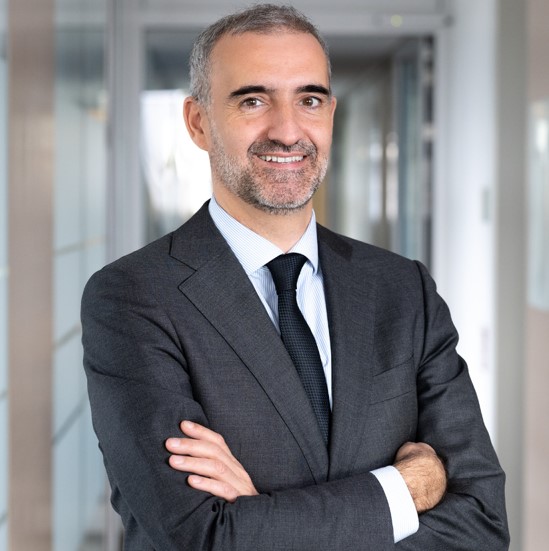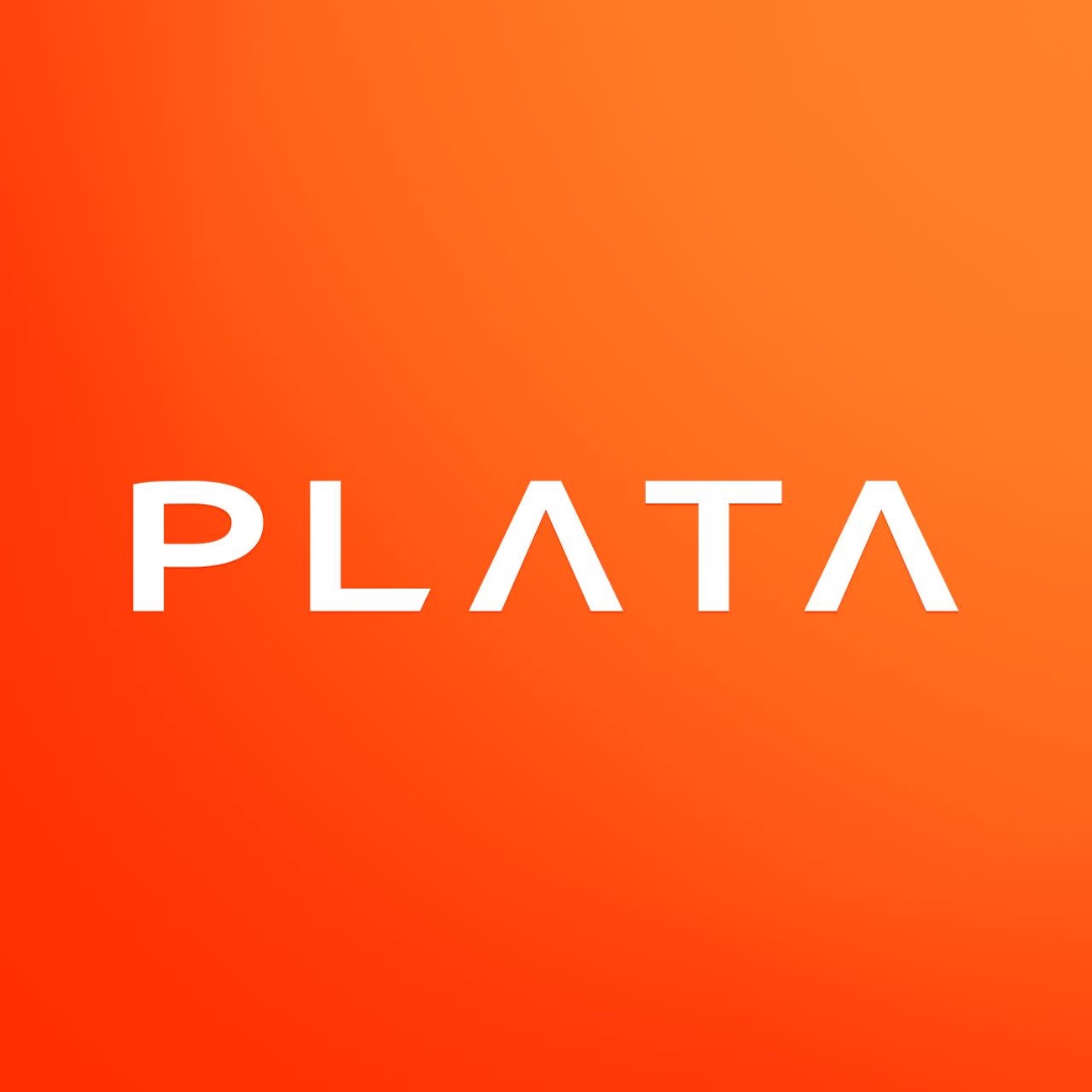Banks placing bets on alternative investments | Markets
:strip_icc()/i.s3.glbimg.com/v1/AUTH_37554604729d4b2f9f3eb9ad8a691345/internal_photos/bs/2025/c/B/cAQLxgQHAe8j0itAsw4g/foto16fin-101-sitis-c1.jpg)
The “special sits” industry, offering alternative investments that provide capital solutions for companies in distress, is undergoing a shift following a sharp rise in specialized firms over the past two years. Large banks, previously more distant from these strategies, are entering the market, while independent managers are now experiencing a trend toward consolidation at a time when Brazil’s high interest rates make fundraising more difficult for smaller players.
“High interest rates are raw material for special sit opportunities, but the flip side is that the opportunity cost of not choosing fixed income is high. Apparently, the appetite for this segment is falling,” says Fred Wiesel, partner at Spectra, referring to rising corporate debt and the consequent surge in restructuring. He notes that this year’s investment pace is similar to that of 2023 and 2024, the boom years in this area, but fundraising isn’t as vigorous as before.
Independent managers are carrying the smallest available cash for investment—known in the industry as “dry powder”—since 2022. The volume is R$11.7 billion, according to a Spectra study commissioned by Valor. The rate of growth in the number of new asset managers has also slowed, from approximately 20% in 2023-24 to 10% this year, as the total number of firms rose from 46 to 51.
Experts say that after exponential growth in recent years, a period of stabilization and slower growth was natural. “This industry has grown tremendously in the last year, both in the number of players active in the field and in assets under management. A major example is that traditional banks, which either did not participate or did so only modestly in this area, have started to dedicate more resources to it,” says Guilherme Setoguti, president of the Brazilian Association of Special Situations.
He adds that some asset managers who historically worked in other markets have recently established special situations divisions. The association itself was founded in consequence of the rise of alternative investments in Brazil last year. It now has one hundred members. Mr. Setoguti says further consolidation in the industry is likely.
These firms are taking part in many of the capital-solution processes underway among companies seeking capital. Many businesses need to adjust their balance sheets, with high interest rates eroding cash flow and with traditional credit being restricted for names with financial distress.
“It’s a sector with growing maturity. It’s possible that focus will shift away from multiplying the number of managers toward more sophisticated mandates. With more selective investors, there is also greater room for firms capable of structuring creative credit solutions and bespoke operations that combine high return with strong legal protection, balancing risk and profitability,” says Gustavo Junqueira, partner at Dias Carneiro Advogados, specialist in structured transactions.
With this market’s maturity, traditional banks have placed the strategy on their shelves. Recently, competition increased with funds launched by Itaú Unibanco and Bradesco. Bradesco’s asset manager raised a fund of R$215 million. Itaú doubled down on the niche and last month launched a desk dedicated to alternative investments, which already oversees about R$1.3 billion in assets. Until then, only BTG Pactual stood out in this niche.
Luiz Eugenio Junqueira Figueiredo, who heads alternative investments at Bradesco Asset Management (BRAM), says the idea of launching the fund was to give clients another diversification option within private market investments. “We also look at the macro side—record numbers of judicial and extrajudicial reorganizations, and expectations that interest rates will remain high for longer,” he says.
To avoid returns dispersion, the firm decided to launch a fund-of-funds, which has so far allocated 60% of its capital across three special situations strategies.
At Itaú, attention is on an asset class that globally is expected to reach $30 trillion in the next five years. Before building internal capacity, the bank had partnerships with Almagestum (formerly RK) and Algarve Capital for co-managing companies under financial stress and legal claims, which will now also be part of the new alternative investments desk.
The view is that asset returns remain attractive, though high interest rates have reduced the appetite for riskier, less liquid assets. “The great differentiation of alternative asset managers is the ability to deliver absolute return, detached from the macroeconomic cycle. In a market like Brazil’s, with short, sharp cycles, this type of investment becomes even more attractive, because it offers consistency and decorrelation relative to traditional assets,” says João Mendes, partner at Prisma Capital, one of the largest alternative investment managers.
According to Luiza Oswald, partner in charge of the special situations funds area at JGP, the Selic rate at 15% per year raises the minimum return required to attract investments. “I see asset managers offering 22% per year, but that’s a level a professional investor can reach by buying high-yield corporate debt,” she comments. “When the rate begins to fall the scenario becomes more favorable, because there will be a wave of companies crushed by the high rates until then.”
At her firm, the target return is at least 35% per year. She says that among professional investors demand is stable, to maintain portfolio diversification, which is why the firm does not accept qualified investors (those with more than R$1 million in investable assets). Also, it does not raise very large funds, preferring to limit to R$200 million each. “Brazil is a country in special situation, a litigious country, but at the same time it is not easy to allocate here. A large portfolio can force the manager to pick poorer assets,” she says.
With this strategy, JGP can mine smaller value opportunities, while keeping its portfolio less concentrated, according to the executive.
Mr. Wiesel, of Spectra, is betting on market recovery once there is a clearer indication of when interest rates will begin falling in Brazil. “Markets anticipate movements,” says the partner of the firm, which has R$6 billion under management in alternative and illiquid assets. “We don’t know when [interest rate] cuts will begin and we already know we’ve hit the ceiling. That, combined with reactions to election-poll results, could trigger a rally in the segment.”
link








